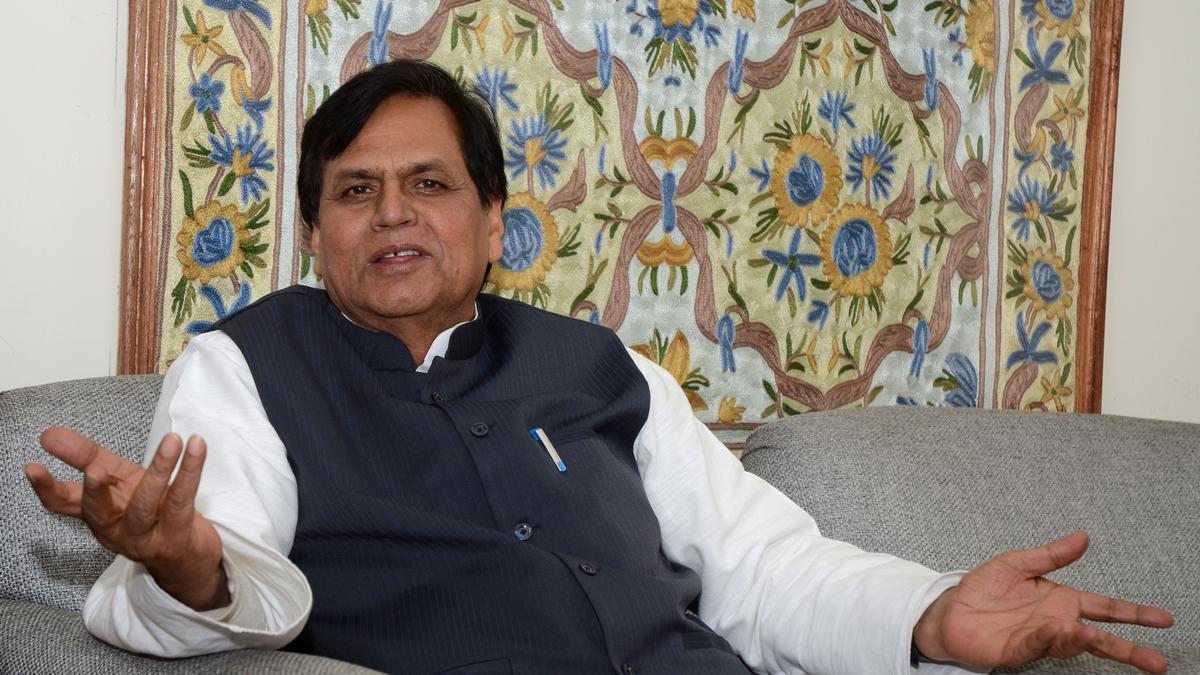
Waqf Bill: Pasmanda Muslim body raises doubts over ‘secrecy leak’ of JPC
The Hindu
AIPMM urges JPC chairman to address doubts over secrecy leak, seeks date to submit suggestions on Waqf Bill amendments.
In a letter to the chairman of the Joint Parliamentary Committee on Waqf (Amendment) Bill, the All India Pasmanda Muslim Mahaz (AIPMM) has drawn his attention towards efforts to cast doubts over “secrecy leak” of the panel by members. It sought the date, time and place to submit its suggestions and objections before the committee regarding the Bill. The Mahaz also advocated for amendment of Article 341 of the Constitution which, it said, was recommended by the Sachar Committee report, Justice Rangnath Mishra Commission and other constitutional committees.
“We wish to draw your attention towards efforts to cast doubts over committee’s secrecy leak by honourable members,” said national president of the All India Pasmanda Muslim Mahaz, Ali Anwar Ansari, former Rajya Sabha MP.
In a seven-page letter addressed to the chairman of the JPC on the Bill, Jagdambika Pal, with a reference to BJP MP Nishikant Dubey’s statement in a newspaper report, the organisation said: “In his (Mr. Dubey’s) letter, he has written that JPC has received 1.25 crore suggestions and demanded from you that there should be a probe into suspected role of people of Islamic fundamentalist character, Pakistan’s secret agency ISI and neighbouring country China in such a huge number of received suggestions.”
The Mahaz has also sought the right time, date and place to submit its objections and suggestions before the committee. “We have not been invited but given date and time we’ll definitely submit our objections and suggestions before the committee,” Mr. Anwar told The Hindu over phone.
In its letter, the AIPMM has also advocated for amending Article 341 of the Constitution “which was even highly recommended by Sachar Committee, Rangnath Mishra Commission and other constitutional committees”. “To end divisions among Dalits on the basis of religion is to strengthen spirits of equality and secularism,” the letter said.
The seven-member Sachar Committee, which was established in March 2005 by the then United Progressive Alliance (UPA) government, had studied the social, economic and educational status of Muslims in India. The committee was headed by Rajinder Sachar, former Chief Justice of Delhi High Court, and the panel submitted its report in 2006 that was made public in November the same year.
Article 341 of the Constitution states that the President can specify castes, races or tribes as Scheduled Castes for a State or Union Territory. Parliament can also include or exclude castes, races or tribes from the list of SCs by law.











